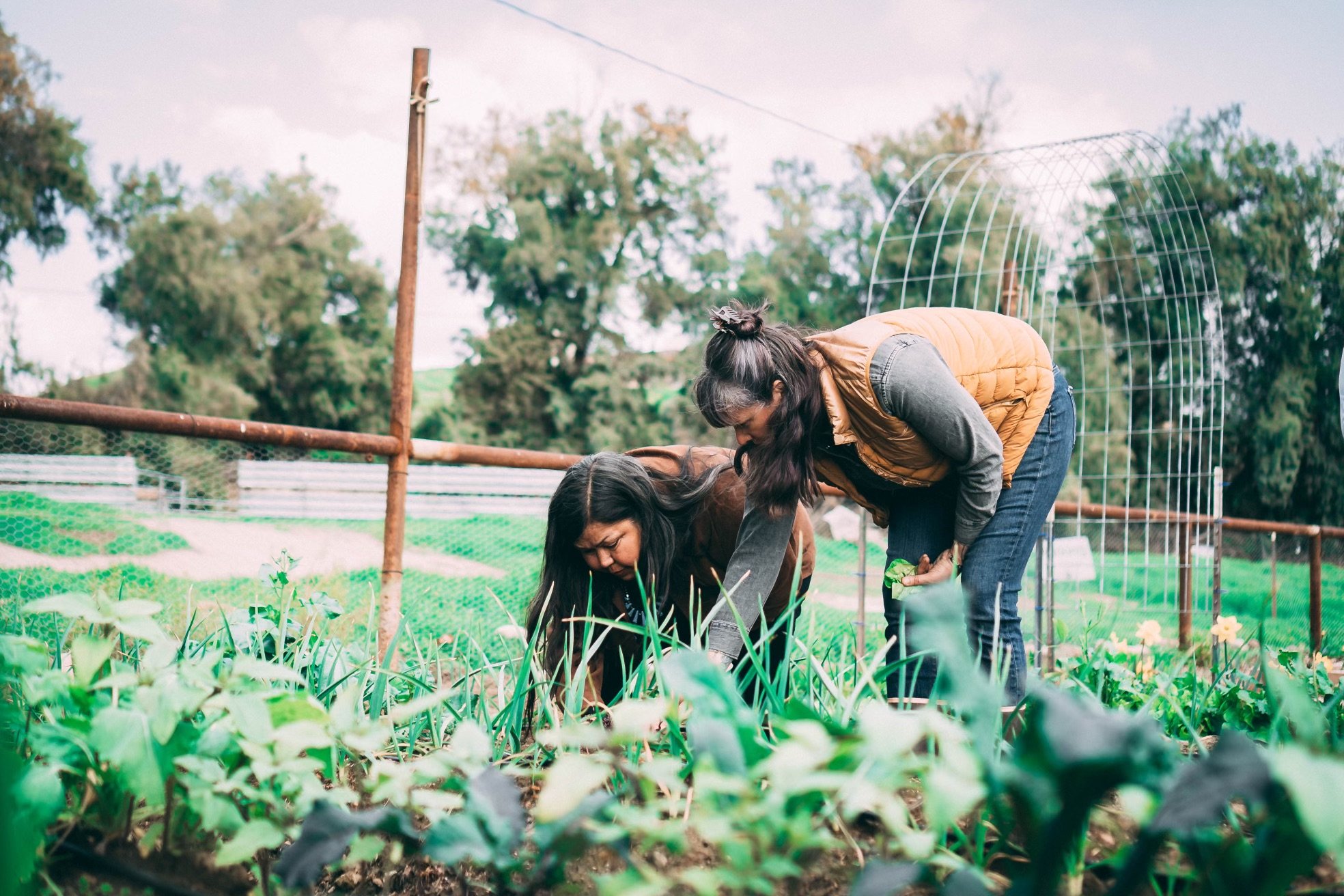Be Fearless In the Garden!
“To be a good gardener you have to kill a lot of plants”.
This is one of my favorite quotes. Let me tell you why…
As a beginning gardener, you will worry about killing plants or planting the wrong things next to each other or in the wrong spot. Yes, occasionally you will fail, but through those failures, you will learn how to do it better next time. Experience is the best teacher, so when planting, be fearless! Every gardening season is a time to experiment, observe and over time you WILL become a good gardener.
I have been gardening now for just over a decade. I have killed a LOT of plants. But their deaths are not in vain! I produce 98% of the herbs and fruit for my family and have excess to share. I grow flowers year-round and only buy ones maybe 2- 3 times a year in a pinch or to support a local farmer. I am getting better at growing veggies and beans but I still have to buy most from farmers markets or stores. I also hunt and raise most of my own chicken and lamb. But that is a blog for another time.
These are my favorite garden lessons to share. They may not be traditional gardening lessons, but I am not a traditional person. So here ya go:
1 - Insects are welcome in my garden. I want a healthy ecosystem. Beneficial insects (prey mantis, ladybugs, dragonflies, white flies) eat harmful insects (mites, aphids, weevils). When people spray pesticides they kill ALL insects. In my book pesticides are an outdated, barbaric way to handle “pests”, so you won't see them in my garden anymore. I have tried them in the past and like I mentioned before, experience is the best teacher. My experience led me to watch a poisoned scrub jay die from eating pesticide-exposed insects.
2 - ”Nature gets her cut.” This is one of my husband's quotes that I have adopted. It means other animals will eat some of what we grow and we are ok with that. Every year a percentage of the fruit and olives we grow go to the local birds. Luckily in Bakersfield, we can grow year-round. In a small area, I can produce enough for my family to eat, dehydrate, or share. I love birds, so I welcome them to my yard and even purposely plant other things they enjoy like primrose and sunflowers.
3 - Compost is essential. Soil is living-matter, and therefore needs organic materials to break down. Composting food waste, grass clipping, leaves, and cardboard all help the plants in your garden grow and thrive. If you don't know where to start and are curious about how to compost, join us on Sunday, March 17 at Okihi from 9 a.m. - noon in our free program, GroundWorks!
To be a good gardener you need to start. You need to fail. You need to learn and then try again. We're lucky to live in a town where you can grow year-round. So give it a try!
Join us for a jump start on Sunday, March 17th from 9 a.m. - noon for Ground Works. You will learn about soil and compost, water sequestration, seeds and gardening, and rotational grazing of animals. This free program is sponsored by the Virginia and Alfred Harrell Foundation and is open to the public.
Want to try our Okihi compost? Bring a bucket or bag and take home Okihi compost for a $5 donation per bag/bucket.
